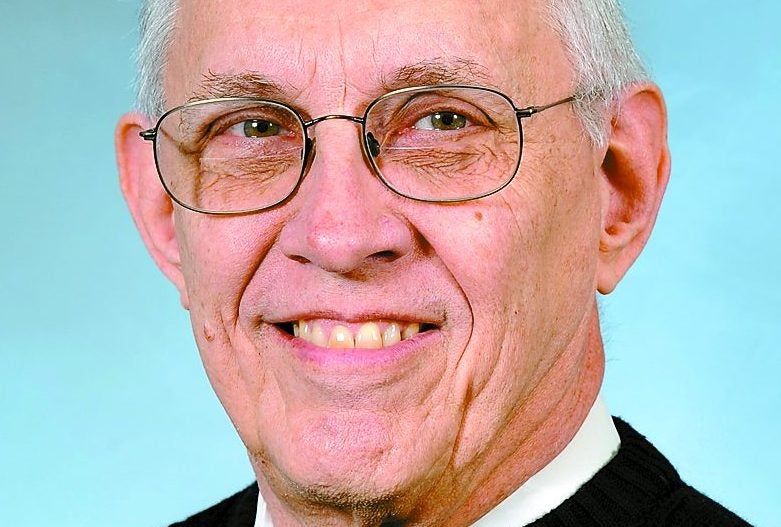Witt: Road to equal voting rights was rocky
Published 12:04 pm Tuesday, March 20, 2018

- Chuck Witt is a retired architect and a lifelong resident of Winchester.
The right to vote in America has traversed a long and rocky road to get where it is today.
And no less so in Kentucky.
Prior to the ratification of the 19th Amendment, granting suffrage (and that’s a very appropriate word to discuss shortly) to women in 1920, there were only a few states which recognized the innate ability of women to vote equal to that of men, and only in limited circumstances.
In Kentucky, by an 1838 statute, widows and unmarried women who owned property subject to taxation for school purposes, could vote in school elections.
In 1893, another statute changed that to widows and unmarried women who were taxpayers or had school-age children, and a 1912 statute added “literate” women. Thank goodness! Who would ever want an illiterate woman casting a vote?
Of course, one seldom comes across any references to illiterate men being excluded from voting.
However, even though Kentucky legislatures saw fit to allow women to vote on school issues in 1838, women were still not allowed the vote in municipal or presidential elections prior to the ratification of the 19th Amendment even though 16 other states and territories permitted women full suffrage before that, Wyoming (as a territory) as early as 1869 and re-affirmed in 1893 shortly after Wyoming became a state (1890).
During the long fights for universal suffrage, many groups and classifications have been denied voting rights.
Originally, only men holding a stipulated amount of property could vote. It was determined it was not advisable to allow the vote to those without property, as that lesser class would be too subject to coercion and cast votes condoned and paid for by their betters. Even the greatest of our founders such as Jefferson and Franklin and Madison, were not in favor of universal suffrage.
Native Americans, African-Americans, paupers, felons, even members of certain religions in certain areas have, at one time or another, been denied the right to vote.
Even when voting rights have been extended, they have also, for periods of time, been revoked.]
Voting laws varied, not only from state to state, but even amongst municipalities for many years until federal laws took precedence.
It was not so long ago poll taxes were eliminated as a prerequisite for voting, when the courts finally realized these taxes were nothing more than an attempt to keep the poor and, especially, African-Americans from voting.
Listopia lists 144 books related to women’s suffrage. Undoubtedly, many of those books graphically illustrate the plight of women leading up to 1920, when they marched, left jobs or were fired, were divorced, beaten by law enforcement, imprisoned, deserted by their families, even lost charge of their children, because they were agitating for their right to vote.
Looking back over our history and the struggle of so many to be allowed inside the voting booth, one can only wonder why the right is so lightly taken today, with embarrassingly small percentages of eligible people going to the polls, especially in primary elections.
Perhaps one way to remedy this deficiency would be to hold elections on weekends and for two days, or to expand online voting (if it can be guaranteed secure).
It is often said the value of something is never realized until it is lost.
We must hope we never learn the value of voting in that manner.
And special thanks to the women who won their rights nearly 100 years ago.
Chuck Witt is a retired architect and a lifelong resident of Winchester. He can be reached at chuck740@bellsouth.net.





